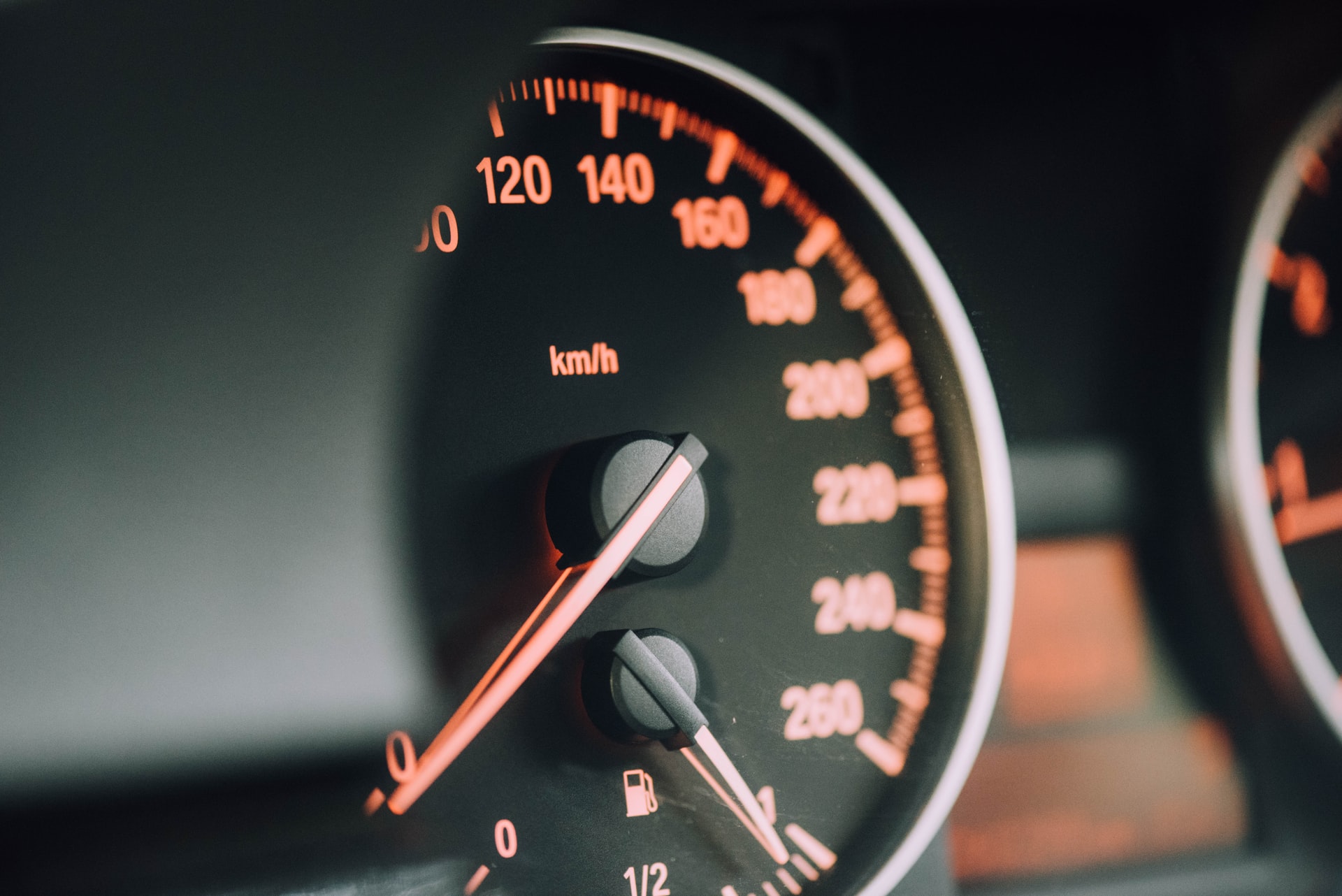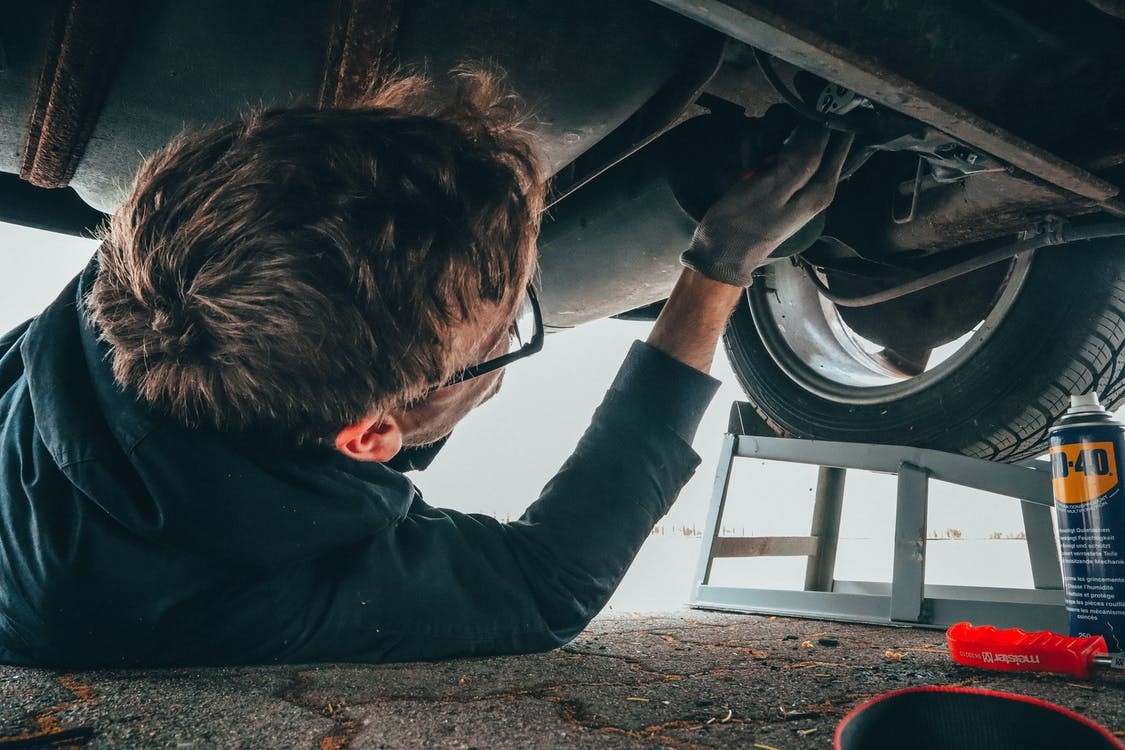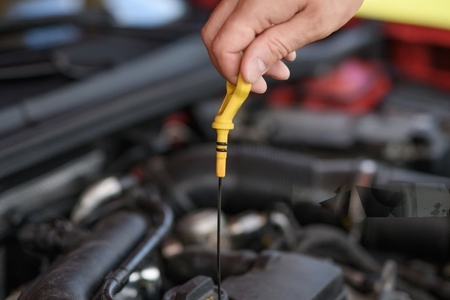One of the most important things you can do for your car is to perform routine maintenance. By doing so, you can save yourself money in the long run by avoiding costly repairs. Here are some tips to help you keep your car in good condition.
Tip #1: Read Your Owner’s Manual.
Most cars these days come with an owner’s manual, which you should read thoroughly so that you know what the car needs at every interval. Depending on the manufacturer, some maintenance tasks may need to be performed more or less frequently than others. This varies even within different models of the same brand. The only way to be sure of what your car needs are to read your owner’s manual and follow its advice. If you’re not sure where booklets are located in your car, check this guide.
Tip #2: Perform Regular Tune-Ups.
As part of routine maintenance, you can also prepare for future repairs by performing tune-ups periodically (depending on your car’s make and model, this might mean an oil change, air filter replacement, etc.). This will help keep your car running smoothly and prevent problems down the road.
Tip #3: Check Fluid Levels.
One of the easiest things you can do to maintain your car is to check fluid levels on a regular basis. This includes checking the oil level, brake fluid level, and coolant level. If any of these fluids are low, you can top them off yourself or take the car in for service.
Tip #4: Inspect Your Tires.
Another important part of car maintenance is inspecting your tires regularly. Tires that are worn out or underinflated can cause all sorts of problems, from a loss of gas mileage to a blowout on the road. Keep a check on the tire pressure and tread by looking at them regularly. You should also have your tires rotated every so often as part of routine maintenance.
Tip #5: Check The Belts And Hoses.
Belts and hoses are vulnerable parts that break down over time from wear and tear, but it’s important that you don’t jump the gun when it comes to replacing these components. If you change out your belts or hoses for new ones before they’ve been visibly worn down, there is a chance that their replacements will be defective as well. Wait until the old belts and hoses are actually damaged before replacing them.
Tip #6: Use The Right Kind Of Fuel.
Another factor that goes into maintaining your car is using the right type of fuel. Make sure you’re using unleaded gasoline in your car and that you’re filling up at a reputable gas station. Using the wrong kind of fuel can damage your engine over time.
Tip #7: Get Regular Oil Changes.
One of the most important things you can do for your car’s engine is to get regular oil changes. Depending on your driving habits, you might need to change your oil every 3,000 miles or every 5,000 miles. By getting your oil changed regularly, you can keep your car’s engine healthy and reduce the chances that it will break down on you.
Tip #8: Get An Alignment Check.
If the steering wheel on your car is misaligned, this could cause problems with braking and acceleration, which can be dangerous for other drivers on the road as well as yourself. For best results, have a professional perform an alignment check. So that any problems with your wheels are repaired before they become worse. You may also want to have them checked periodically even if there doesn’t appear to be anything wrong by asking about their wear indicators.
Tip #9: Don’t Ignore The Check Engine Light
If you see the check engine light come on in your car, don’t ignore it. This means there is a problem with your engine that needs to be fixed as soon as possible. Ignoring the light can cause even more damage to your car and will likely lead to an expensive repair bill down the road.
Tip #10: Use A Reputable Mechanic For Repairs.
When it comes time for repairs, it’s important to use a qualified and reputable mechanic. By taking your car to someone who doesn’t know what they’re doing, you run the risk of causing more damage and spending more money in the long run. Do your research and ask around for recommendations before bringing your car in for service.
Tip #11: Keep Your Gas Tank At Least Half Full.
If you can, try to keep your gas tank at least half full when possible. Keeping the tank only partially full increases the risk of sediment. Other impurities build up inside it which can damage your engine if they’re older than 4 model years. If you need to get gas, fill up completely before returning home or driving again. Also always check the sticker on top of your fuel door. It should say how many miles until empty. So that you’ll know when you need to fill up again.
Tip #12: Make Sure All Fluids Are Topped Off After An Oil Change.
One of the most important after-care procedures that you can do for your car is to make sure all fluids are properly topped off after an oil change. Fluids like coolant, power steering fluid, and transmission fluid will need to be replaced if they aren’t full during an oil change.
Topping them off will keep your engine at maximum performance levels. So that it doesn’t have to work any harder than it has to.
Why Frequent Car Maintenance is Important?
There are a number of reasons why you should perform regular car maintenance.
Car manufacturers understand how important it is to maintain their cars. Expect different components to last for a certain amount of time before requiring replacement.
Needlessly delaying when you need to repair or replace something just increases your risk of encountering much costlier issues down the line.
Of course, there’s also the simple fact that regularly maintaining your vehicle ensures it will continue working well for as long as possible and provide a safe and




